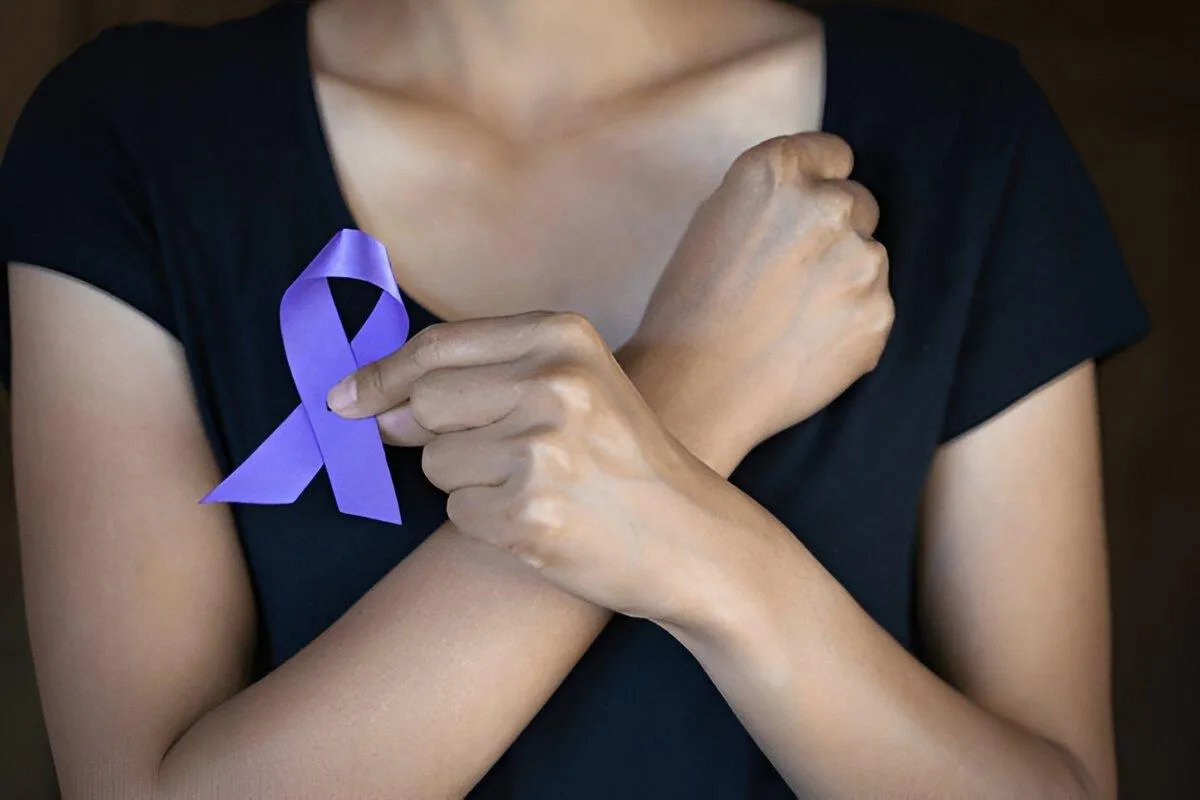Blog

Things To Know About the History of the Domestic Violence Movement
In the past, domestic violence was not part of the public conversation. For generations, it was hidden behind closed doors, cloaked in a shroud of shame, silence, and social stigma. Survivors were told to tolerate, keep silent, and protect the family name, to the detriment of their emotional and physical health.
Eventually, voices began to emerge. Shelters began to open. Laws began to change. What was once determined to be a “private matter" began to be recognized as a systemic issue and a public health crisis.
Knowing the history of the domestic violence movement is not only a way to honor the bravery of survivors; it also represents a commitment to continue to move forward.
1970s–1980s: The Birth of a Movement
The feminist movement of the 1970s ushered in a seismic shift. Survivors began linking their individual experiences with larger power and control phenomena. Grassroots organizations began to sprout up all over the United States and beyond, establishing the first domestic violence shelters, crisis hotlines, and advocacy programs.
At this time, the terms "battered women" and "domestic abuse" entered the national discourse. These were not just terms; they were a lifeline. Survivors were no longer alone. They were seen, they were heard, and they were supported
1990s: From Awareness to Action
The 1990s were a significant milestone: The Violence Against Women Act, enacted in 1994, was the first federal law in the United States to define domestic violence as a crime and provided funding for prevention measures and survivor services.
More importantly, the law expanded the definition of domestic violence to include emotional, sexual, and psychological abuse, not just physical violence. Survivors had increased access to protection orders, legal options, and trauma-informed service provision.
Public awareness campaigns assisted in dismantling myths and transitioning domestic violence from the fringes of social discourse into a relevant social issue in mainstream society.
2000s–Present: Global Voices, Digital Advocacy
As technology changed, so did the movement. Digital communities, online helplines, and survivor-led initiatives gave survivors access to information and support around the clock. The launch of social media enabled people to tell real-time stories, connect with others, and empower themselves to share their experiences.
The #MeToo movement has created a ripple effect that transformed the way survivors share their stories and empowered survivors from diverse backgrounds, too: LGBTQ+ survivors, men, women of color, immigrants, and others who had been erased from the conversation in the past.
Today, the struggle against domestic violence is no longer just about fleeing from harm. It is about rebuilding lives, rewriting the narrative, and creating systemic changes.
Why This History Still Matters
Understanding our origins clarifies the trajectory of how far we have journeyed and how far we have left to travel.
It serves as a reminder for survivors that their voices belong to a global legacy of valor.
It affirms the hurt that had been previously overlooked.
It empowers people to advocate for themselves and others with clarity and confidence.
To follow Kanchan Bhaskar, a survivor and transformational coach: “When we honor the history of this movement, we honor every woman who ever said, ‘No more.’”

Conclusion
If you've ever been made to feel small, to retreat, or to heal, you are not alone. The domestic violence movement exists because hundreds of thousands of survivors like you have broken their silence.
And the story is not over. Every little step you take towards self-love, towards safety, towards your sovereignty, and towards self empowerment adds to this powerful movement. Every time you choose your voice, your truth, your freedom, you add a new chapter to this compelling narrative.
No matter whether you are in the aftermath of abuse or trying to regain your power, Kanchan Bhaskar’s Transformational Coaching Program is designed for you.
As a Self Development Coach, Kanchan's trauma-informed, heart-led approach works with survivors to move from surviving to wholeness. She is focused on rebuilding confidence, clarity, and control over every aspect of life.
Handcrafted by Coach Foundation | Copyright © 2026 Kanchan Bhaskar's Coaching. All Rights Reserved.

